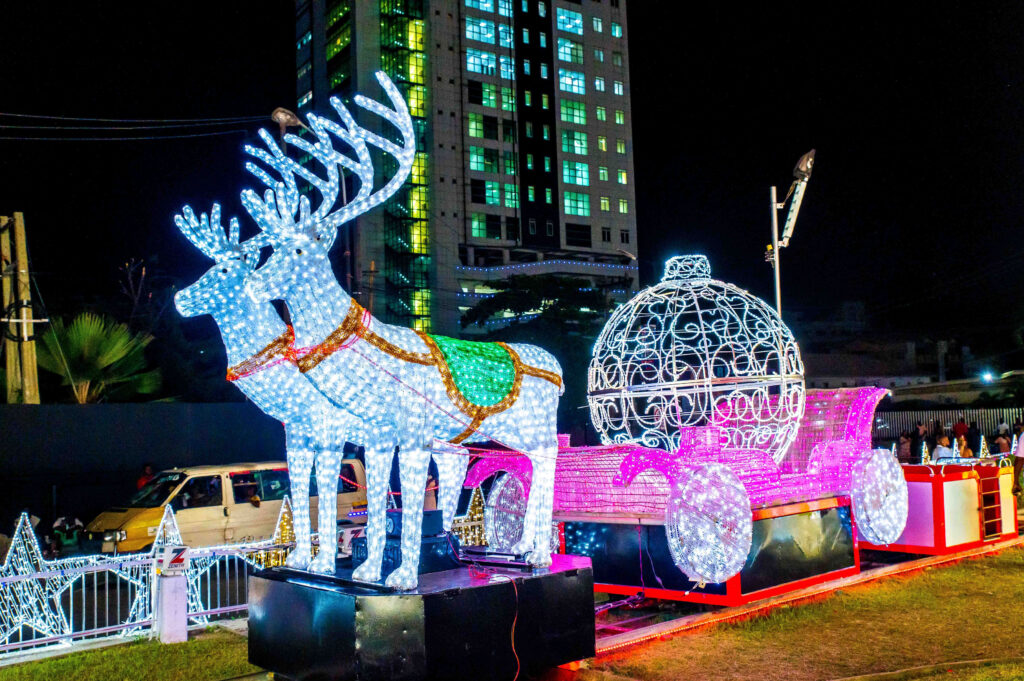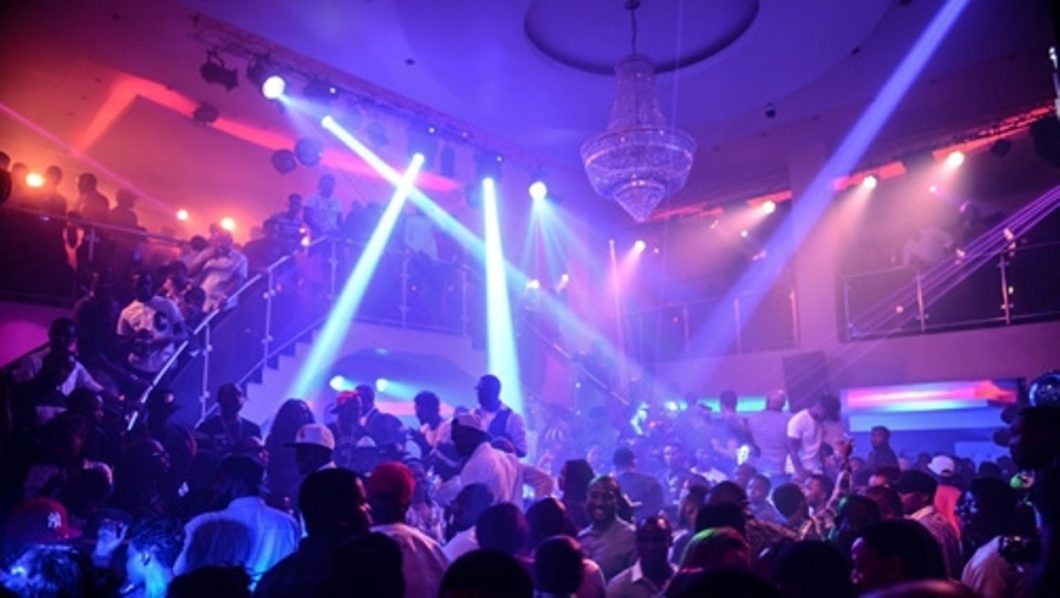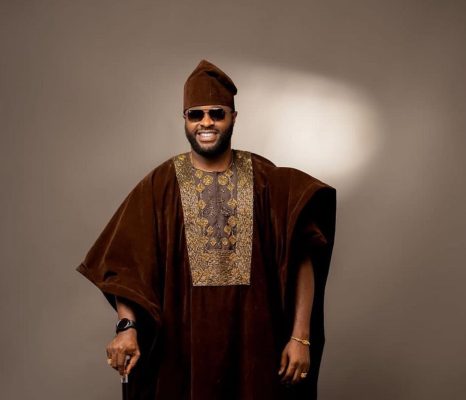- Kennyblaq holds Onikan stadium crowd spellbound at Reckless Musicomedy Festival
- Detty December Fest 2025 ends with star-studded performances in Lagos
- Business leaders gather in Lagos for Q5 Party end-of-year experience
- Motherland Festival repositions December homecoming as cultural, economic reunion
It’s barely one month to the biggest season of the year, a time many Nigerians eagerly look forward to for parties, travel, and reunions. But beyond the excitement lies a fast-growing business wave that now defines the season.
Gone are the days when December in Nigeria was all about family, reflection, and reunion. Today, it has evolved into one of the country’s biggest business seasons, a period where celebration meets commerce, prices skyrocket, and festivity fuels a booming economy.
The business of Lagos’ festive season
According to a report by the Lagos State Government, the state generated over $71.6 million (₦111.5 billion) in revenue from tourism, hospitality, and entertainment during the 2024 Detty December celebrations. Hotels contributed more than $44 million, while shortlet apartments added $13 million to the total revenue.
These figures reflect how the festive season has become a money-making machine for the city, drawing thousands of visitors and residents who troop out for concerts, festivals, and endless social gatherings.

Every December, Lagos transforms into a playground of lights, sounds, and spending. The air is filled with excitement, and the scent of opportunity. From entertainment promoters to event planners, makeup artists, caterers, shortlet apartment owners, and even street hawkers, everyone wants a piece of the December cake.
Prices rise with the music
But behind the glitter lies a growing concern — the creeping commercialization of December.
What used to be a period of relaxation and togetherness is now dominated by high prices, inflated rents, and social pressure to “turn up.” The city’s festive reputation has turned into an economy of its own, where demand and profit dictate the tone of celebration.

On a recent episode of her podcast Am I Too Loud?, influencer Oddity shared her frustration with shortlet apartment owners in Lagos who refused to allow her make advance bookings for December. According to her, the owners said they were still “observing the market” before setting their prices for the season. Her experience reflects a wider reality, as demand surges, so do prices. In Lagos, December is no longer just a holiday month; it’s peak business season.
A booming but costly celebration
From Victoria Island to Lekki, accommodation rates skyrocket in anticipation of the influx of visitors, many of them are Nigerians returning from abroad, popularly called “I just got backs” (IJGBs). Some shortlet apartments that go for ₦150,000 per night in October suddenly jump to ₦250,000 or more by mid-December. Event tickets, which might cost ₦5,000 at any other time, are sold for double or triple the price during the festive period. Even transport fares and food items are not left out in the significant hikes, with ride hailing services such as Uber, Bolt, and InDriver recording a surge in demand and fare prices as traffic builds across the city.
This massive spending culture feeds a cycle that benefits the state’s economy, but it also exposes how deeply monetised the season has become. Detty December has turned into a brand, a movement that fuels tourism and entertainment but also widens the gap between those who can afford to celebrate and those who cannot.
The price of fun
For many Lagosians, there’s a lingering nostalgia for simpler Decembers — when people focused more on family visits, religious gatherings, and shared experiences rather than curated moments for social media. But in today’s Lagos, the pressure to be part of the December scene is real. Those who can’t afford the fun often feel left out, while those who can are willing to spend heavily just to be seen in the right places.

Still, the economic benefits cannot be ignored. The Lagos State Government has continued to position the city as West Africa’s entertainment hub, capitalising on its December festivities to attract investment, boost local businesses, and promote tourism. As long as people continue to associate Lagos with celebration and opportunity, the commercialization of December will only grow stronger.
Celebration or consumption?
Whether this shift is good or bad depends on where one stands. For some, it’s a sign of progress, proof that Nigeria’s creative and hospitality industries are thriving. For others, it’s a reminder that the heart of the festive season is slowly being sold to the highest bidder.
In the end, one thing is clear: December is no longer just about celebration, it’s about business.








